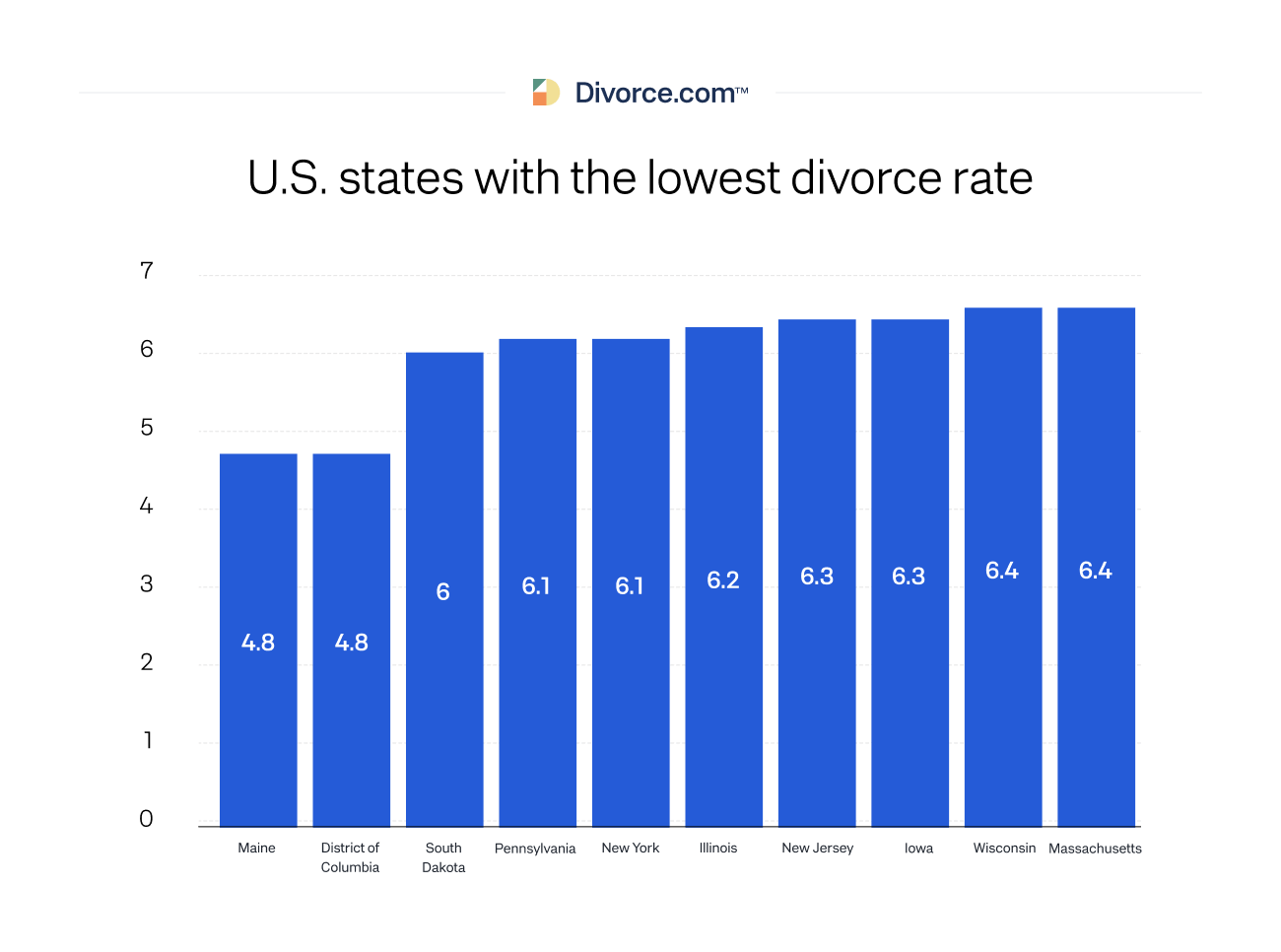Who Gets the Pets in an Illinois Divorce?
Divorce is a complex and emotional time. While much attention goes to child custody determinations in Illinois divorce cases, one contentious subject that many initially overlook is who gets the pets.
Man’s best friend, furry children, four-legged friends. Our pets play a significant role in our family dynamics. And when the “pack” is disrupted through divorce or separation, many pet parents are left heartbroken and confused as to what happens next.
At Masters Law Group, we understand the significant role that pets play in our lives and the emotional attachment that comes with them. If you are going through a divorce, you may be wondering who gets to keep your cherished pet and whether “pet custody” is a possibility.
Here’s what you need to know.
How Divorce Laws on Pets Are Changing
Previously, family law cases rarely mentioned pets except in domestic violence situations. Over half of the states permit domestic violence restraining orders to include provisions safeguarding pets, mainly due to the fact that abusers often threaten or harm animals as a means of intimidating family members.
Recently, states have recognized that pets possess a special value to families that can’t be measured solely in monetary terms—despite being considered property. It’s because of this that courts have elevated pets to a status someplace between an inanimate object and a person. Illinois is among the states that have taken this concept a step further by mandating judges to consider the well-being of the pet in divorce cases. This is a significant leap, as it comes with the same standard used by judges when deciding child custody.
When is a Pet a Marital Asset in Illinois?
It’s common in divorce to have disputes over pets, such as dogs, and cats, that are considered part of the family. The Illinois Marriage and Dissolution of Marriage Act provides custody-like provisions regarding the family pet, also known as a ‘companion animal’ upon a divorce. Marital assets are defined as properties acquired during the marriage. Except for the following instances:
- Who originally purchased or adopted the pet?
- Who takes care of the pet on a day-to-day basis?
- The ability of each spouse to care for the pet.
- The emotional attachment of each spouse to the pet.
- Any agreements made before or during the marriage regarding pet ownership.
If the court determines that the companion animal is not a marital asset, the owner will receive their non-marital property. If the court determines that the companion animal is a marital asset, then the court will allocate sole or joint ownership and responsibility for the animal. In doing so, the court must consider the well-being of the companion animal.
Fortunately, Illinois law recognizes that pets hold a special place in families and takes their well-being seriously when determining ownership during divorce proceedings.
How Does the Court Consider the “Well-Being” of the Pet?
It’s worth noting that, unlike child custody (now known as Allocation of Parental Responsibilities), pet custody in Illinois is not based on the pet’s “best interests”. If one spouse can demonstrate that they have been mainly responsible for the daily care and well-being of the pet, including feeding, grooming, exercising, and providing medical care, the court is more likely to award ownership to that spouse.
If you want to retain ownership of your pet after a divorce, it’s important to have evidence that shows your involvement in the pet’s life. This can include photographs and receipts for pet-related expenses such as veterinary bills. These documents show the court your commitment to caring for the pet and the bond you share with them.
It’s important to note that courts may consider parental responsibilities and parenting time when determining pet ownership during a divorce. Children oftentimes share a strong bond with family pets, and a spouse can argue that the majority of parenting time could be affected. If spouses can’t agree on pet ownership, they may need to go to court to have a judge make a decision.
Couples can settle disputes about pets through mediation when a divorce case doesn’t go to court. Regardless of the approach chosen, finding a solution that suits one’s specific circumstances is critical.
Final Thoughts
Pets are important in divorce cases because they represent not only a shared asset but also an emotional connection between the spouses. Determining their custody and care can be a complex and emotionally charged aspect of the divorce process. As such, you should ensure you have excellent legal representation to negotiate or prove your right to the ownership of your pet in an Illinois divorce.
If you’re contemplating divorce or separation and have concerns regarding your pet, property division, parental responsibilities, or other family law matters, reach out to the experienced attorneys at Masters Law Group here today.




